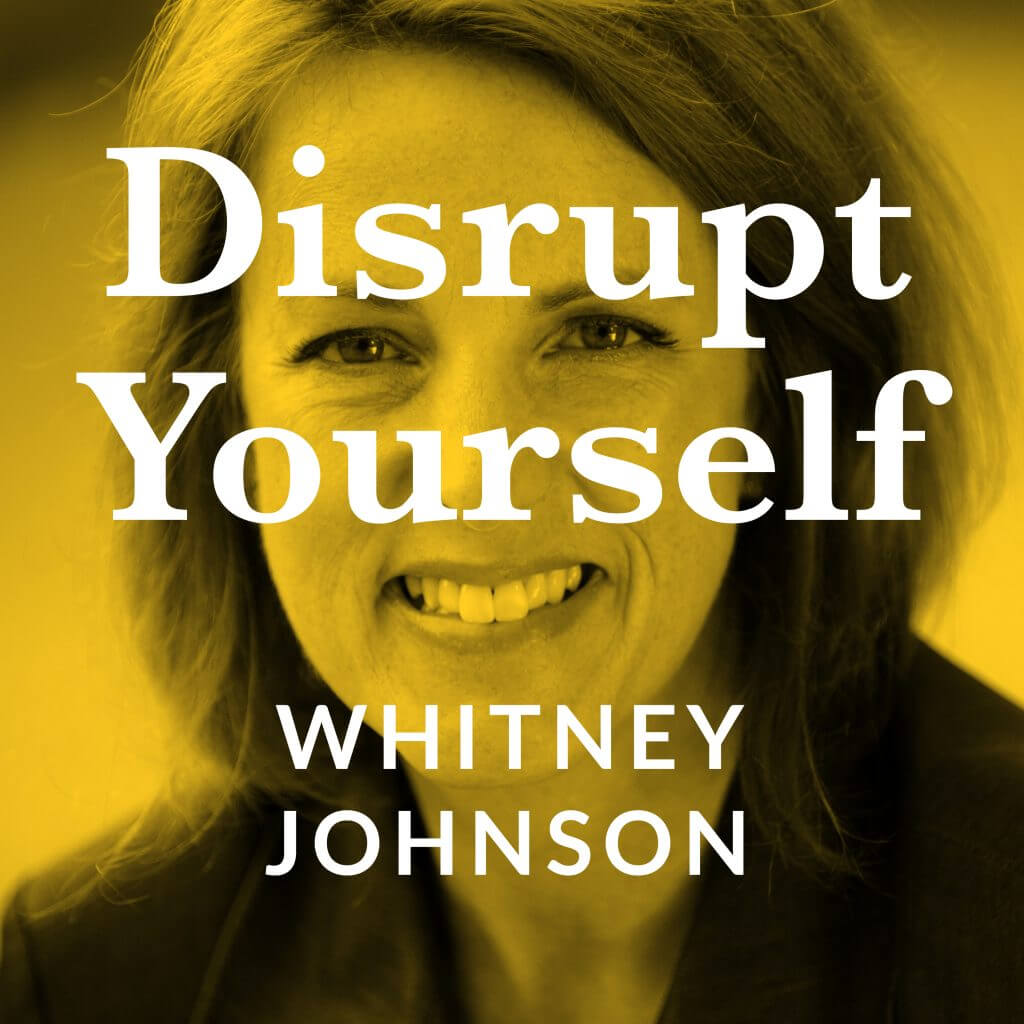
Today sharing a recent newsletter from a thinker I admire, Whitney Johnson, author of Disrupt Yourself, as it flows with the current theme here on #Bravery and, in particular around what some may perceive as brave but where the person taking the action doesn’t sense it as bravery.
In her piece, Whitney poses the question:
How do you discern if something is a good or bad decision, and distinguish between fear of the unknown and a legitimate ‘this is a bad idea’ feeling?
Read on…
Good, Bad or Afraid
by Whitney Johnson, March 5th, 2020
Last week I decided to jump to a new S-Curve—to invest in something new.
Right before I said yes, I felt physically ill, like I was going to throw up; toss my cookies, as it were. It seemed like a good decision, but the more I anticipated running with it, the more uncomfortable I felt. For many years, I would have said, “Well, these feelings mean that this thing you were going to do you shouldn’t do. It’s a bad decision.”
But I’m not so sure that’s true.
Increasingly, I wonder if when I think something is a good idea, and then later feel I MUST NOT DO it, all I’m really feeling is fear. Because that sick-to-my-stomach sensation is accompanied by thoughts like, “Who do you think you are to make this decision? To extend your reach? To expand your capacity? You high-falutin’ you.”
Once I acted on my recent decision and moved forward the feelings of nausea dissipated. The thing that I felt I shouldn’t do, I did, and it was fine. Good even.
What I’m trying to figure out is, how can I know if a decision is good or bad? It’s difficult to tease out. I can’t rely on my fickle feelings alone.
Here’s my working analysis:
1. If I make a plan that I feel good about, or tell myself I do, but I’m unwilling to vet it with any of my truth tellers, it’s probably not a good idea after all. I may not want to admit it, but it’s likely my ego talking, not my better judgment. Like with the invitation to do a TEDx experience. I wanted to say yes. Do not proceed.
2. If I feel good about a plan or an investment, but start to experience the “Who do you think you are? You mustn’t do this,” feedback loop—that tends to be fear. This is what happened when it came time to buy our home. We’d talked about it, planned for it. But when it came time to act it felt too risky. The real risk is continuing to get the same results you’re already getting. Proceed.
3. I’m presented with a great opportunity, but it appears too difficult, I can’t see how I’ll pull it off and my thinking is, “Why can’t these obstacles go away?” For example, last week, with one of my accountability partners, I tried to wriggle out of one of our company goals. It infringes on the time I need for my book-writing goals. My partner’s response was, “Perhaps the obstacle is the way.” Proceed.
Sometimes we ask, “What does your gut say?” Well, sometimes your gut is going to say “No.” It wants to protect you from risky propositions. But the risk may simply be the discomfort associated with disrupting yourself.
If it’s scary and lonely, you’re likely on the path to personal disruption.
How do you discern if something is a good or bad decision, and distinguish between fear of the unknown and a legitimate ‘this is a bad idea’ feeling?
